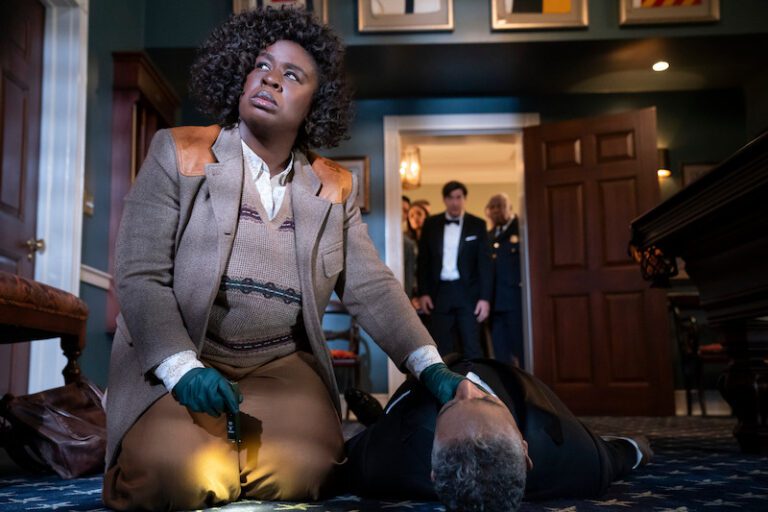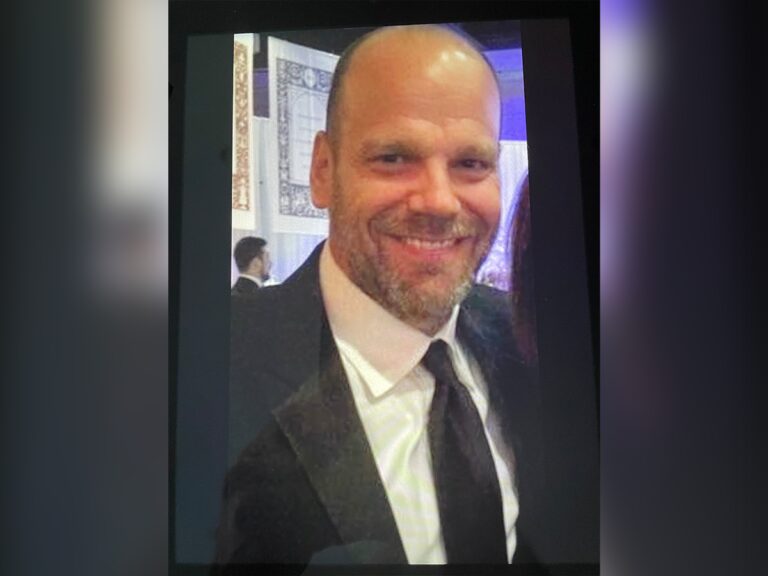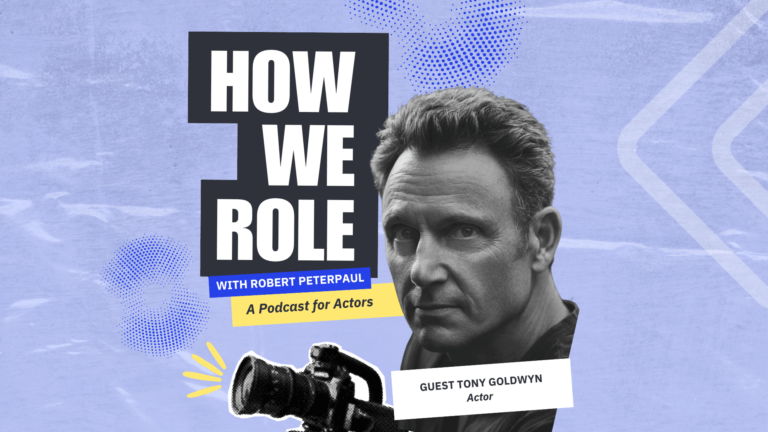You’ve selected your headshots, created or updated your resume, and you’re ready to dig into the world of casting calls. But amidst the legitimate opportunities lies a darker reality: not all casting calls are created equal.
The entertainment industry, while filled with creative promise, is also riddled with scams, unpaid gigs masked as “exposure,” and predatory offers that exploit eager newcomers. Whether it’s someone charging you to audition, asking for inappropriate photos, or offering vague promises of stardom with no clear information, the red flags are out there — and they’re easy to miss if you don’t know what to look for.
Insights: What You Need to Know About Casting Call Scams
- Avoid paying any fees for auditions; legitimate opportunities won’t charge you.
- Confirm the legitimacy of casting calls by researching the listed production entities.
- Be wary of vague details, overhyped buzzwords and high-pressure tactics in casting notices.
Thinking about joining Casting Networks? Sign up for a free trial today!
A Cautionary Tale About Common Casting Call Scams
You may have seen an ad stating “Seeking Fresh Faces for Major Film Opportunity!” or a flyer mentioning that there’s a casting call at your local mall. It seemed like the break Jordan, a 22-year-old actor who had just graduated from drama school, was waiting for. He sent in his info and audition video. A day later, he received an email: “You’ve been selected for a callback! Congratulations!”
But there was a catch. Jordan was told that to move forward, he needed to pay a $150 “casting package fee” to cover administrative costs and “industry standard insurance.” The message indicated that the role would go to the backup if he didn’t submit payment within 24 hours. With stars in his eyes and a mix of pressure and hope, what do you think Jordan did? Yes, he paid.
That was the last he heard from them. Jordan’s story isn’t unique. Countless aspiring actors fall into similar traps. These schemes include fake auditions and upfront “membership fees,” including photo packages disguised as must-haves.
What Is a Casting Call, And Who Posts Them?
A casting call is an invitation for performers to audition for specific characters. Casting calls are the first step in talent selection, helping the production team find the right people for each role.
Here’s who typically posts casting calls:
- Casting Directors: Production companies hire CDs to oversee the casting process. They post detailed casting notices, review submissions and organize auditions.
- Production Companies: Independent filmmakers, ad agencies and media companies may post their casting calls directly, especially for smaller projects or non-union productions.
- Talent Agencies & Managers: While they don’t usually post public calls, they do receive casting notices and submit their clients for consideration.
- Theater Companies & Schools: Regional theaters, touring productions and even university theater departments may post casting calls to fill roles for upcoming performances.
- Reputable Casting Platforms: Websites like Casting Networks serve as hubs where verified casting calls are posted for a wide range of projects.
If the source of a casting call is vague or difficult to verify, it’s a signal to proceed with caution.
Common Red Flags in Casting Calls
Some listings are intentionally deceptive, while others are unprofessional or poorly written. Spotting red flags can save you time and heartache. Some of the biggest red flags are vague descriptions, too-good-to-be-true buzzwords, requests for upfront payments and pressure tactics.
Vague Descriptions
No Mention of the Production Company or Team: A credible casting call usually includes one or more of the following: the name of the production company, the casting director, or someone attached to the project. If the listing is anonymous or only includes generic language like “new production” or “exciting upcoming project,” that’s a red flag. Transparency matters.
Missing Role Details: You should be able to get a good sense of the character’s personality, including age range, gender, ethnicity (if specified), personality traits and any special skills required. A casting call that simply says “lead role” or “looking for actors” without further information is not only lazy; it might be shady.
No Location or Shooting Dates: It’s important to know where and when a project is filming because you don’t want to submit to a project if you’re unavailable. Vague references to “various locations” or “TBD” with no timeline provided are often signs of disorganization or worse, a non-existent project.
No Mention of Compensation: Whether a project is paid, unpaid, deferred or offering credit/meals/copy, this should always be stated upfront. If compensation is omitted altogether, be wary. That usually means you’re not getting paid, and they don’t want to be upfront about it.
Too-Good-to-Be-True Buzzwords
Language matters. Casting calls with fluffy buzzwords often have little substance to back them up. If a listing is full of phrases such as “Amazing opportunity!”, “Great exposure!”, “Once-in-a-lifetime chance!” or “Perfect for building your reel!”, it may be trying to distract you from the lack of real information or compensation. Exposure doesn’t pay rent, and a “great reel opportunity” shouldn’t come at the cost of your time or personal safety.
Always ask yourself: Would a professional casting director use this language? If the answer is no, trust your instincts.
Requests for Upfront Payments
One of the most blatant red flags is the request for upfront payment. Any casting notice asking you to pay money before you’ve booked a job should immediately raise suspicion. These scams often use official-sounding language or urgent deadlines. Here are some common tactics:
“Administrative Fees” or “Registration Costs”: You’re told that a small fee, often between $50 to $200, is needed to secure your audition slot or process your paperwork. Real casting professionals do not charge actors to audition.
Pay-to-Play Castings: You’re encouraged to pay for a chance to audition for a “major role” or to be seen by a “big-name producer.” While pay-to-play workshops (where actors pay to perform for casting directors in a class setting) exist in some markets, paying for a general audition opportunity is unethical and often a scam.
Headshot and Reel Packages: This is a huge tip-off. If a casting notice insists that you use their photographer or videographer for headshots or reels, for a price, step away. While many productions suggest headshot updates or specific looks, they should never require you to purchase these services through them in order to be considered for a role.
Talent Agency Fees: A talent agent makes money when you do by taking a commission from the work they help you book. If an “agent” or “manager” asks for upfront money to sign you, it’s time to walk away.
Why It’s a Red Flag
Casting is part of the hiring process, not a service you should pay for. Think about it this way: You wouldn’t pay to apply for a traditional job or interview, right? Acting is no different.
These scams prey on your dreams and eagerness to break into the industry. They often target new actors who may not yet know the industry standard practices.
How to Protect Yourself
- Never send money to someone offering you a role or audition no matter how promising it sounds.
- Ask questions. If a payment is required, ask why, who is collecting it and if there’s a written agreement. Most scammers won’t stick around to answer.
- Do your research. Google the production company or individual. Check for reviews, warnings or red flags on actor forums and industry websites.
- Keep personal safety in mind (bring a friend, don’t meet in isolated areas).
If you encounter a suspicious casting call, report it to the platform where it was posted and share the warning with your acting community. When actors look out for one another, the entire industry becomes safer and stronger.
Where to Report Scams & Check for Warnings:
You may also like:













